Alerted to this situation, the General Manager and members of the Board undertook their own investigations, including a personal visit by the General Manager to the RSGB QSL Bureau, currently managed under contract by Richard Constantine G3UGF. It is apparent that Richard has been on a steep learning curve since taking on the bureau and his early focus was on fixing some longstanding issues with the sub-manager network, and the distribution of incoming cards.
With regard to outgoing cards, shipping costs, at the start of the year had already begun to rise sharply. Costs outside the EU began to rise more than could have been reasonably predicted, due to the worsening economic situation. This could not have occurred at a more inopportune time, when the bureau was turning its attention to building up the overseas distribution. By the first quarter costs had risen 25%, with no sign of slowing, and the Board was made aware of concerns. The bureau’s main provider pulled out of several destinations, including America, Russia and other ex-Soviet destinations, also increasing costs to Europe and the Pacific Rim. In the second and third quarters the bureau had to use several different companies and routes, including costly personal air mail, shopping around for each dispatch, in order to maintain service , whilst trying to find another long-term partner, prepared to offer trade distribution rates.
This proved to be an extremely frustrating period as all carriers appeared reluctant to take on new business and prices changed per shipment, against the value of the pound. Increasing the average weight to popular destinations, from 10kg to 25 kg, brought some short term cost savings, but did not resolve the issue. However, even with additional sorters it became apparent that whilst the bureau’s remit is not to be the quickest way to send a QSL card, only the most cost effective, that increasing the package size to gain a cost saving would not ultimately meet some user expectations and that delays would continue.
It also brought the bureau into conflict with Customs in certain countries as they refused to accept large shipments as non-commercial, printed paper, imposing customs charges. Fortunately, by the last quarter, it was possible to find another provider, capable of distributing to all IARU destinations. Costs were significantly reduced and volumes began to increase in the final quarter and have continued into the New Year. The bureau is now more positive that it can continue to stay within its budget, having shipped approximately 400,000 cards by weight, over the last year. This being 25% down on its own internal projection. The position has been recovered and provided that there are no more shocks to come in the wider economy, there is now a stable platform on which to build in 2010. More importantly for RSGB QSL Bureau users, Richard has agreed to produce a monthly report for RadCom, starting in the April edition, covering RSGB QSL Bureau and listing recent shipments.
The Society regrets any problems with the bureau, whether real or perceived. While the RSGB QSL Bureau is no substitute for direct mail, it is a valuable membership benefit to many. It should be emphasised, incidentally, that intra-UK cards have been flowing freely throughout. It is unfortunate that there continue to be some abuses of the Bureau, for example by members sending cards on behalf of overseas friends who are not members. Indiscriminate QSLing by some contest groups and special event stations have also served to slow down the overall flow of cards.
Any questions relating to the RSGB QSL Bureau should be emailed to Richard at [email protected] but it is hoped that the regular bulletins in RadCom will help to reduce his correspondence and give him and his team more time for getting those cards through.
73 de Charles……

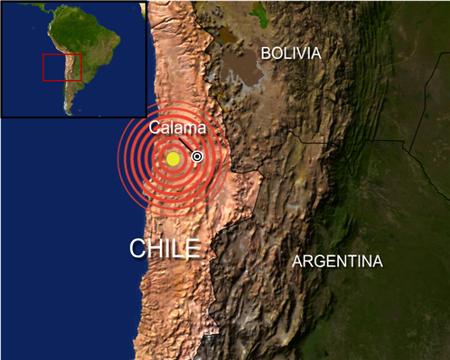
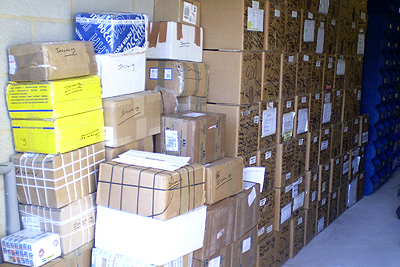
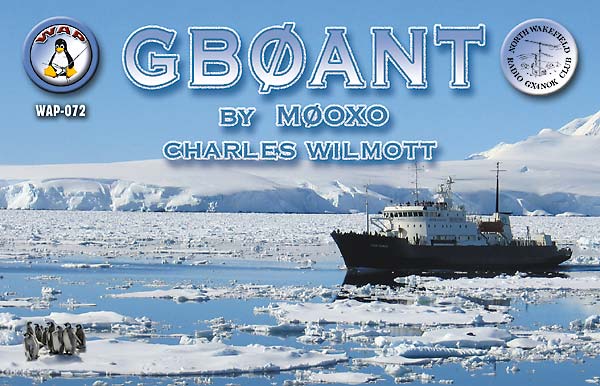
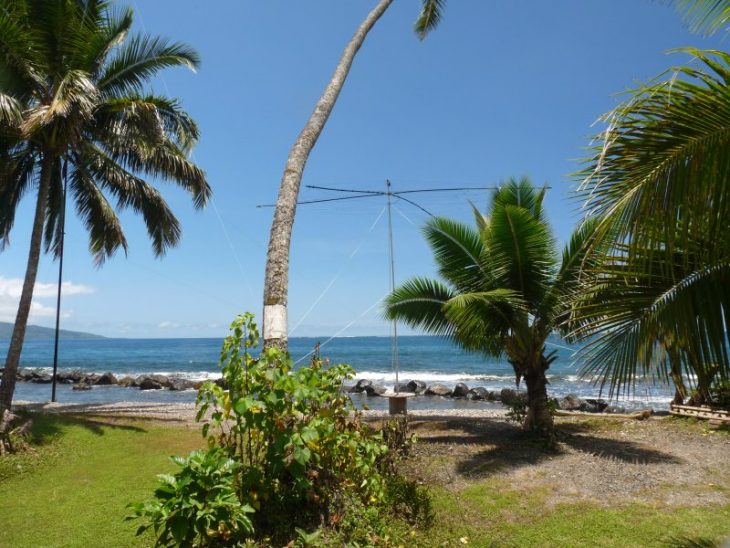
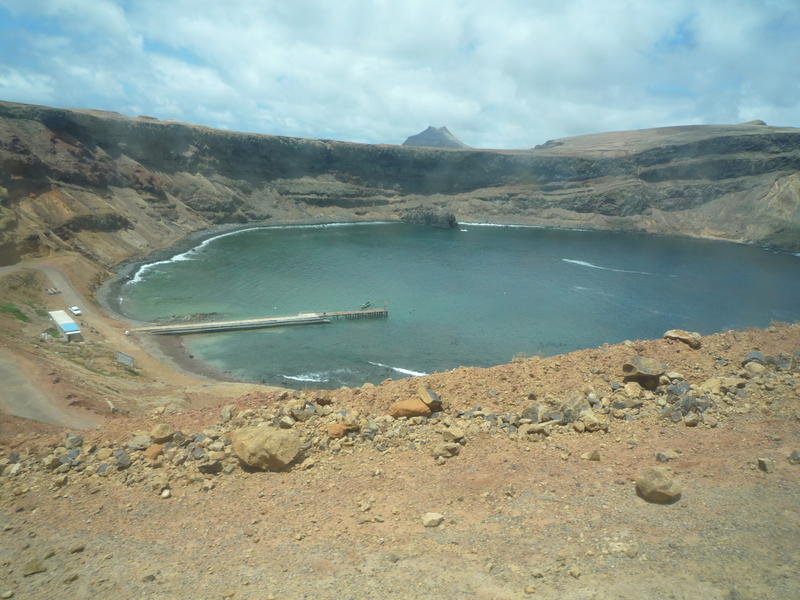
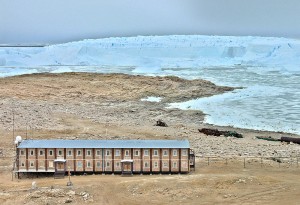 bands.
bands. 

